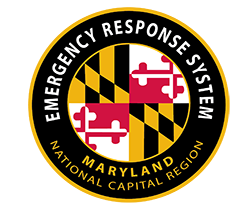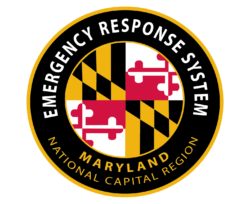
Public safety leaders from across the Maryland-National Capital Region recently participated in a four-part leadership seminar series. These sessions focused on connectivity as one dimension of a larger meta-leadership framework, a method of leadership that uses influence rather than authority to drive change and action. Facilitated by Eric McNulty, Harvard University’s National Preparedness Leadership Institute (NPLI) Associate Director and Co-Author of the book “You’re It,” and Darrell Darnell, NPLI affiliated faculty member and homeland security and emergency management subject matter expert, the series examined the transformational benefits of robust connectivity and identified strategies for building connectivity.

This interactive program explored approaches to forming a relationship with one’s boss, building a great team, and forging productive links within and beyond organizational boundaries. Additionally, participants learned about the “silent killers” of connectivity and how to avoid common pitfalls. Participants concluded the series by completing a scenario-based, capstone activity that drew on lessons learned from the previous three modules and applied them to a complex organizational leadership challenge currently being faced within the National Capital Region (NCR).
The Maryland-National Capital Region Emergency Response System (MDERS) partnered with NPLI to host this professional development opportunity on behalf of the NCR. MDERS collaborated closely with NPLI to tailor this program to the unique characteristics and nuances of the Maryland-National Capital Region’s emergency response enterprise. The program was well received by attendees and once again highlighted the need for continued leadership development opportunities for emergency response leaders in the Maryland-NCR.

